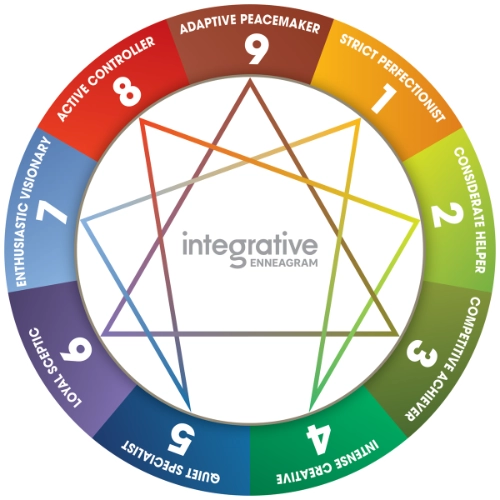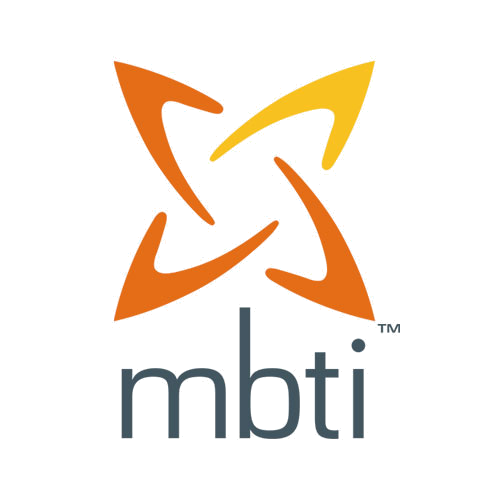Group Facilitation



How We Expertly Use Myers-Briggs Type Indicator & the Enneagram to Help Your Organization
Your organization's success hinges on one critical factor: how well your people work together. Yet most teams struggle with miscommunication, unresolved conflicts, and untapped potential. We transform these challenges into competitive advantages using two of the most validated personality frameworks available—the Myers-Briggs Type Indicator (MBTI) and the Enneagram.
The MBTI Advantage: Unlocking Communication Excellence
The MBTI reveals how your team members naturally prefer to interact, process information, make decisions, and organize their work across four key dimensions. This isn't just theory—it's actionable intelligence. When we facilitate MBTI sessions, your introverted team members
finally get the reflection time they need to contribute their best ideas, while your extraverted members learn to create space for others. Your detail-oriented sensing types stop clashing with your big-picture intuitive thinkers because everyone understands their complementary strengths.
The real power emerges in decision-making. Your thinking-preferenced leaders learn to incorporate the values-based insights of feeling types, while your structured judging types collaborate more effectively with adaptable perceiving types. The result? Decisions that are both analytically sound and emotionally intelligent, made by teams that respect rather than resist their differences.
The Enneagram Edge: Transforming Motivation and Stress
While MBTI shows how people operate, the Enneagram reveals why. This nine-type system uncovers the core motivations, fears, and stress patterns that drive behavior—crucial intelligence for managing high-performance teams. When your Type 1 perfectionist understands why they're frustrated with "sloppy" work, and their colleagues understand this drive for excellence, friction transforms into appreciation.
Your Type 8 challengers learn to moderate their intensity without losing their edge, while Type 9 peacemakers find their voice in crucial discussions. Most importantly, everyone recognizes their stress triggers and develops strategies to maintain peak performance under pressure.
Expert Facilitation: The Difference Between Insight and Impact
The crucial element isn't the assessment—it's expert facilitation. Without professional guidance, personality tools become expensive parlor games. Our certified facilitators translate insights into immediate behavioral changes, ensuring your investment delivers measurable results: reduced conflict, accelerated decision-making, and teams that leverage rather than merely tolerate their differences.
Transform your organizational dynamics. Your competition is already investing in their people—don't let them gain the advantage.
Note: Fuller Career Consulting operates independently and is not affiliated with Florida Gulf Coast University. Services are not available to FGCU students or alumni.

